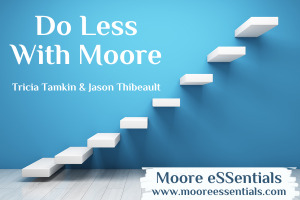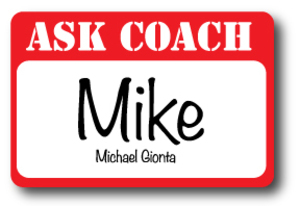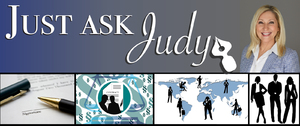Smart Approaches Millennials Need to Take in the Job Search
According to Richard Fry, senior researcher of the Pew Research Center, in the first quarter of 2015, Millennials (at 53.5 million) edged past Generation Xers (at 52.7 million) to become the largest segment of the labor force. Furthermore, the Millennials, are slated to grow even further in the near future.
However, along with the energy and tech skills that they bring to the table, it has been noted by recruiters and others that they need to improve some of their approaches and methods in the job search process that are not consistent with professional behavior. This behavior in the job search is largely based on incorrect assumptions. In a fundamental way, they need to look at the situation from the prospective employer’s point of view which is to hire the best, most qualified applicants they can. This article covers smart approaches that the Millennials can take, and pitfalls to avoid, in the pre-interview application process, during the interview, and post-interview.
Before the Interview
There are many ways an applicant can create both a good and bad impression prior to the job interview. According to Alexandra Stephens, author of “10 Mistakes Millennials Make in the Job Search (and how to avoid them)”. “the job interview is your first opportunity to show a potential employer what you’re made of, so read the instructions carefully.” It is commonplace for companies to request a resume and cover letter. However, at other times, you may be asked to furnish answers to questions, complete a project, or deal with another screening mechanism such as another pair of eyes. Make sure you understand these applications requirements completely because you do not want to be eliminated in the first round by performing poorly on them.
The following are important tips when it comes to writing strong saleable resumes:
· Presentation – Your resume is a marketing document and as such, its overall visual appearance is critical. Choose a standard font such as Calibri, Arial, and Helvetica. Use horizontal lines to separate sections and choose a conservative paper color such as white, ivory, or light gray.
· Format – Don’t have format be your primary consideration in doing your resume but use shorter paragraphs with bullets, don’t overdo bold and italic type, keep font size 10-point and above, leave plenty of “white space”, and use a high-quality printer. Bullets should be used for accomplishments and successes.
· Spelling, Grammar, and Syntax – Write in the third person and use language that is appropriate for the position. Proofread your resume more than once or twice!
· Content – Under Experience, list specific results, rankings, numbers, and percentages.
· Focus – Employ a summary (which describes what you know) rather than an objective. Make sure this summary statement is on both the resume and the cover letter.
· Selling – Since you are selling yourself with the resume, make sure the words, format, qualifications, and presentation are professionally packaged.
The Interview
Look at the job interview from the employer’s point of view and think about what they would desire in an employee. Think “What is in it for them if they hire you?
There are critical do’s and don’ts regarding the centerpiece of the application process—the job interview.
· Try to arrive at least 15 to 20 minutes early.
· You must appear neat.
· List anything about you that may not be on your resume but are important to convey to a company such as your work ethic, your desire to grow, traits, attributes, and the ability to learn quickly.
· Come up with answers to potential interview questions that are frequently asked such as: What are your greatest strengths, greatest weaknesses or areas of development? Where do you see yourself in five years?
Now for some critical Don’ts:
· Don’t share too much personal information in the interview or give overly long responses to questions.
· Don’t have your phone on. Don’t just have it on silent, shut it off.
· Don’t say another person said you should be paid a certain amount.
· Don’t mention a personal situation such as outstanding student loans that necessitate a certain income to help rectify. This financial issue is your problem, not the company’s problem.
· If asked about money, don’t specify an amount—this could imply that you are mainly interested in the money. Instead, state you are open or ask what the pay range of the job is. You can state what you made, a targeted salary range or minimum salary if the compensation question needs to be answered.
· Don’t say anything negative about a previous employer or the company managers.
Post Interview
The most important thing you can do after the interview is to send a thank you note, both by email and then handwritten. Here are some sample thank you letters. You also have to be proactive in your follow-up which means that you may have to contact them multiple times.
Hopefully, this article can steer you clear of making easily avoidable wrong decisions which can short circuit your job quest.





